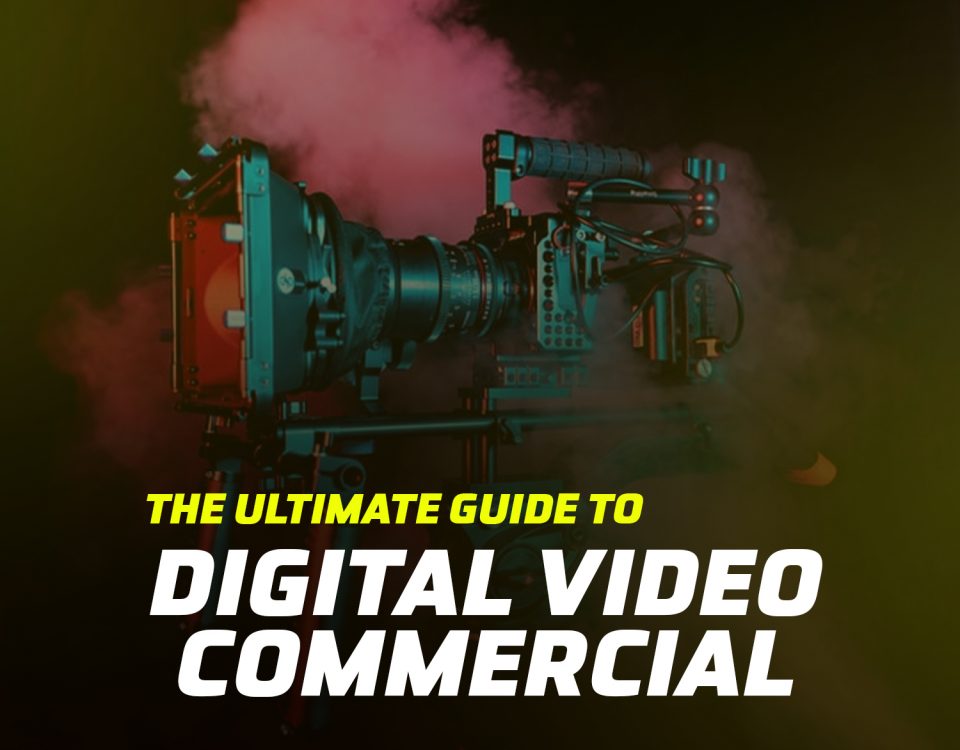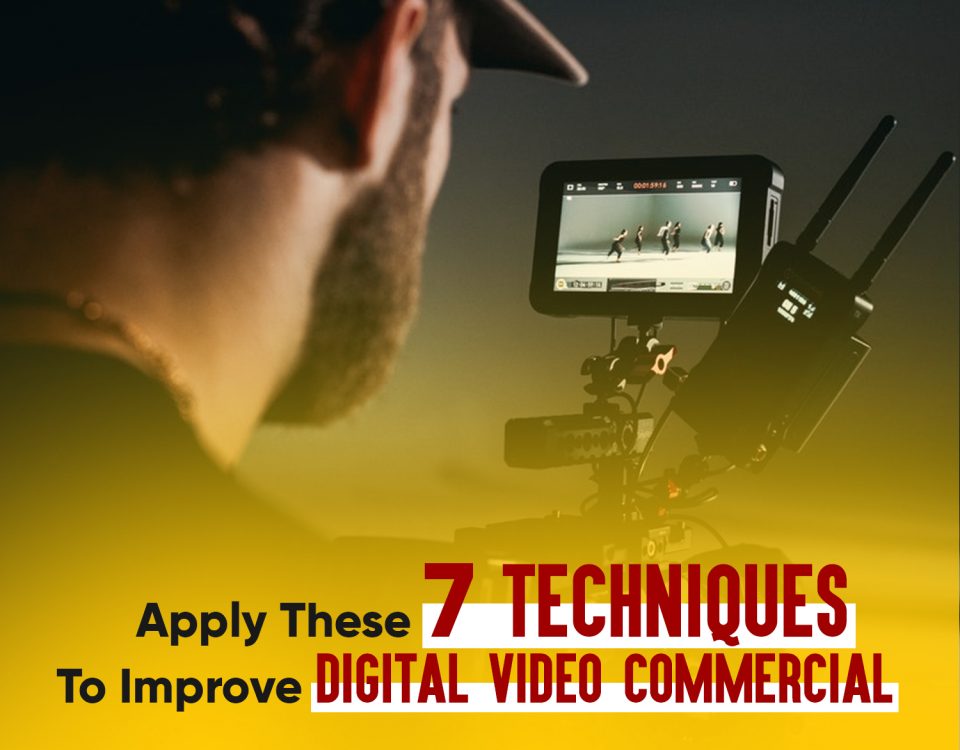
An Easy-To-Follow Glossary of Video Production Terms
August 8, 2022
Apply These Seven Techniques To Improve Digital Video Commercial
August 10, 2022When you use videos to promote your brand, product, or service, you are engaging in “video marketing.” It is referred to as digital video commercial when an advertisement appears in a video on the internet (DVA).
94% of marketers claim that videos have helped their customers better understand their products or services. Customers won’t buy your product until they know what they’re getting out of it. Video consumption accounts for a third of all internet time. It’s no secret that videos can be a huge help when it comes to making a purchasing decision. As part of their marketing strategies, several large corporations have created some of the best viral videos and video ads.
Digital video advertising tactics
Video advertisements are useful teaching tools since they combine both spoken and visual elements. The most effective videos are those that show how a product works or give directions on how to accomplish something first-hand to viewers. It’s also less expensive to advertise via video compared to other methods. When using more traditional platforms, the costs can be higher.
- It is possible to see the outcomes in near-real time.
- Non-restricted in terms of format.
- The customer can access the app on multiple devices at the same time.
Domination
If you’re here, you’ve undoubtedly heard good things about the power of video marketing and want to learn more about it. When it comes to attracting new clients, businesses can no longer rely simply on textual material and visuals. As a result, companies all over the world are realizing the importance of video and committing resources to produce and distribute it.
Planning
To begin, think on what you want to accomplish with your video.
- Determine your audience’s demographics and interests.
- Prepare your remarks in advance.
- Make sure that the creative demands of the team are taken care of in this step.
- Keep on track with your goals.
- Keep your finances in order.
- We’ll go through each stage in greater detail now that you know where we’re headed.
- Begin by defining your video’s objectives.
In order to create a video strategy, you first need to write down your goals. Each stage of the selling process should have as many videos as possible. There are a few things to keep in mind before you begin. You should create an awareness-raising video if you want to bring in new customers. In order to get people interested in your product, you need a video in the “consideration stage.” Developing a decision-stage video is a great way to keep your customers engaged when you’re close to a transaction. It might be used as a recruiting tool for new employees, for customers who have already purchased, or as a training tool for your current staff.
Identifying Target Audience
Once you’ve determined which stage of the marketing funnel you’ll be concentrating on, you’ll need to identify your target audience. This is a crucial step in the process. Creating a video without considering the audience is a surefire way to fail. Those who should watch it will not, and those who view it will not become Christians. So, how do you decide on your target audience before you start writing?
Identifying your target audience is all that is required to complete your audience plan.
It’s important to know who your ideal customer is before creating a product or service for them.
Decide on the message you want to convey
Your video’s subject matter will dictate how it will fit into your marketing funnel.
Choosing a topic for your video can be both the most enjoyable and the most challenging part of the process. The following four things should be included in your ad:
- The protagonist should have a specific objective in mind.
- Your message and ad should be engaging.
- The way you describe your product or service will be in attractive manner.
- How your product or service solves the problem of your audience.
These elements of your story should transport the reader on a journey. Make sure this journey fits with the purpose of your company.
Think about what’s needed for creativity
Your boss, the founder of your company, your marketing department, or anyone else who will need to approve it should be on your mind as you write your story. There are a number of things that can throw your production off, including changes in the script, message, and other aspects.
Keep a strict eye on the clock at all times
You need to stick to a schedule throughout the entire production process, from brainstorming ideas to uploading the video to the internet. An overall timeline, as well as production and distribution schedules, should be in place. When you look at your timeline, you can see where you’ve been and where you need to go. If you want to get things done, make sure everyone on your team is aware of what needs to be done. Your social media team, your production team, and your marketing team all have their own set of priorities and schedules. Let everyone know what’s going on, what’s changing, and when things will be completed.
Keep your spending in check
The king is in the bank! But let’s be honest: creative planning and strategy are important, but they’re not enough. As a result of a lack of funds, it is difficult to get exactly what you desire. Think about what you have to work with. Identify what you can do in-house and what you may need to outsource. Determine how much money you have to spend and how much money you have to save.
Conclusion
An estimated $55 billion will be spent on digital video advertising in the United States in 2021, and it doesn’t appear to be slowing down anytime soon. By the end of 2023, experts expect it to be more than $78.5 billion. When it comes to marketing, video advertising is a must-have for any business. Customers prefer to receive information and messages in the form of videos, so your products and services will go unnoticed if you don’t appear in any videos.






